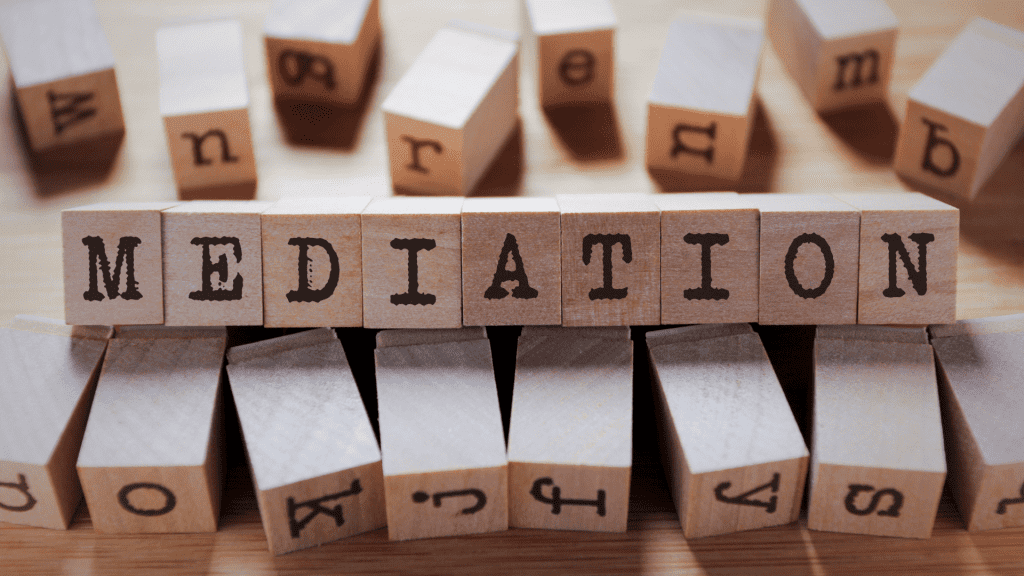
As soon as the family mediation process begins– following the Mediation Info Assessment Fulfilling (MIAM)-
– the duration of the process is dependent on a variety of aspects, including whether mediation takes place before or during a divorce hearing as well as whether any type of problems have been previously set.
When there is considerable difference over a variety of concerns in a divorce or dissolution of a civil partnership– for example, safekeeping of any kind of youngsters, financial backing, or the department of joint possessions– some family members mediation might start initially of separation procedures.
Due to the fact that mediation is a collective effort in between the parties– as well as might consist of children and also various other relative such as grandparents– the procedure can quicken settlements and also help the celebrations in reaching an agreement in a helpful atmosphere.
The Mediation Session can help in explaining the legal alternatives and also different Orders that a court might make– and also being able to talk about the problems and also alternatives plainly usually enables pairs to concentrate on the problems at hand without the emotional after effects connected with divorce or dissolving a civil partnership.
Specific types of sessions need just one or 2 conferences; others require more.
The Mediator’s duty is to recommend solutions to any type of issues that occur, which the parties can then review in the neutral yet supportive environment offered by family members mediation.
A family mediation conference may last between one and also 2 hours, as well as sessions may last in between 3 as well as six weeks– or potentially much longer if complex concerns are being discussed.
At the final thought of each meeting, the mediator will certainly ask whether the events felt the meeting was useful– as well as whether they think an additional meeting would be beneficial to proceed dealing with problems.
A lot of pairs who participate in family mediation sessions find it advantageous not just for making clear problems and reaching agreement, yet additionally for reviewing them in a flexible discussion forum– without the pressures of preparing a lawsuit or needing to appear in court for a court to pick the details of a separation negotiation or dissolution of a civil collaboration negotiation.
Mediation is a guided negotiation in which parties attempt to negotiate a settlement of their disagreement with the assistance of a mediator. Mediation can save parties money, lighten the court’s caseload, and, in the majority of cases, improve their state of mind. There are a number of additional notable advantages to mediation, including:
Greater Command. Mediation enhances the parties’ authority over the resolution. Each side is personally involved in negotiating their own agreement, and you cannot be forced to accept a settlement. In contrast, parties frequently face unhappiness in court, where they have little choice except to accept a verdict with which they may not agree.
It is a confidential matter. In contrast to the possible public nature of court proceedings, everything spoken during mediation is strictly confidential between the parties (unless specifically agreed otherwise).
It’s opt-in. Any party may withdraw at any moment.
Convenience. The mediation takes place at a location that is convenient for the parties, who each have their own space in addition to a separate place for joint meetings. The Mediator listens to all parties’ perspectives, speaks with them personally and in groups, and guides them toward a resolution.
Reduced Expenses. In opposed to attempting to resolve the matter in court, alternative dispute resolution is typically much less expensive. Traditional litigation is extremely costly, and its final cost is highly unpredictability.
Faster result. Due to the fact that mediation can be utilised early on in a conflict, it is typically possible to achieve an agreement more quickly than through the judicial system.
Support. Mediators are trained to manage challenging circumstances. The mediator serves as a neutral facilitator and provides each side with assistance during the process.
Maintenance of Relationships Whether it is a corporate or family disagreement, relationship preservation can be an important advantage of mediation. Mediation assists participants in focusing on productive communication rather than assaulting one another.